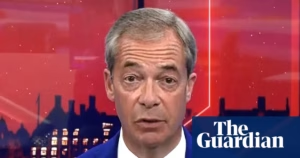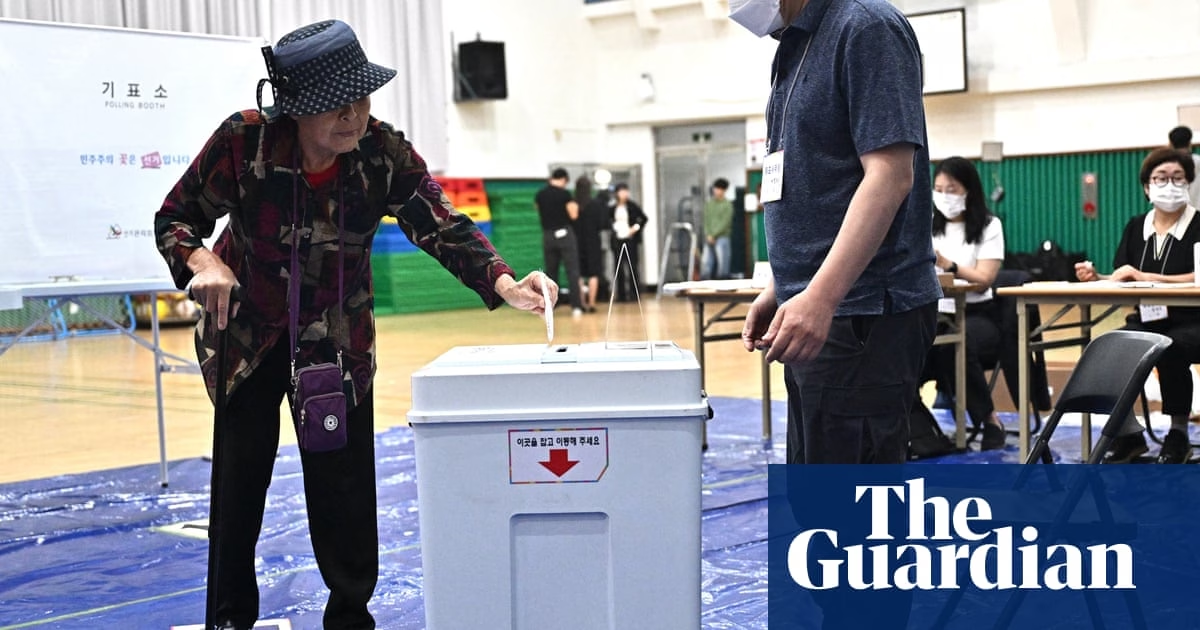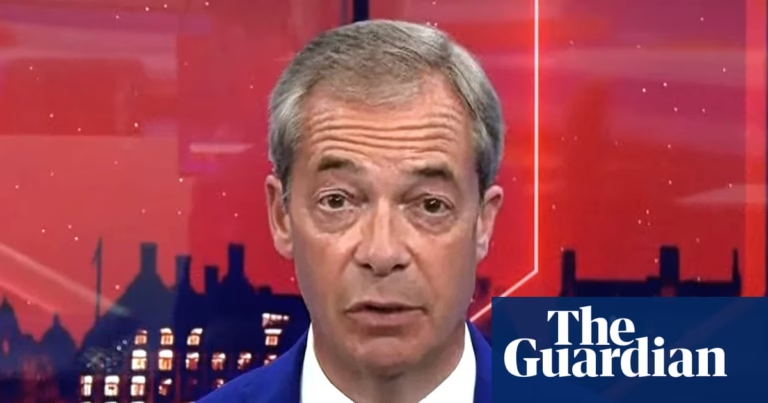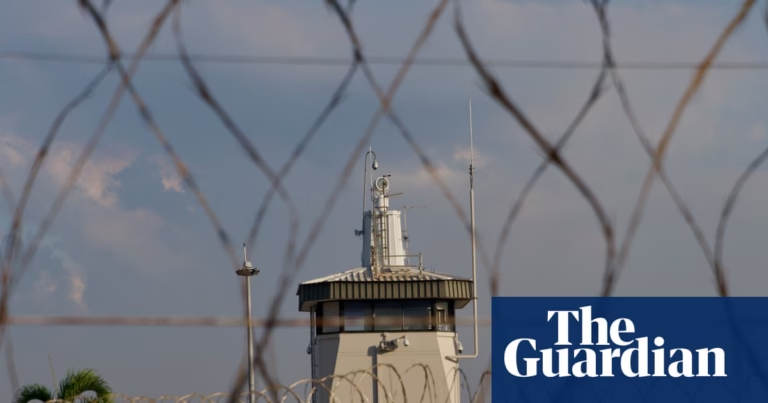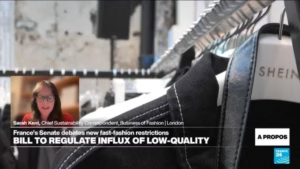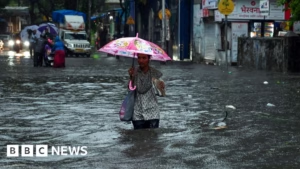Millions of South Koreans are participating in a snap election, triggered by the impeachment of conservative President Yoon Suk Yeol, who faces a trial on rebellion charges due to his brief imposition of martial law in December. Pre-election surveys suggest that Yoon’s liberal rival, Lee Jae-myung, is on course for an easy victory, capitalizing on public dissatisfaction with conservatives in the wake of Yoon’s martial law debacle. The main conservative candidate, Kim Moon Soo, has struggled to win over moderate voters as his People Power Party remains mired in internal disputes over how to view Yoon’s actions.
The election marks another significant moment in the country’s resilient democracy, but observers warn that the domestic divide exacerbated by Yoon is far from over and may pose a substantial political challenge for the incoming president. The past six months have seen large-scale demonstrations in support of or opposition to Yoon, while the power vacuum resulting from his impeachment has disrupted high-level diplomatic relations and financial markets.
The winner will immediately be sworn in as president, serving a full five-year term without a typical two-month transition period. They will face significant challenges, including a slowing economy, the America-first policies of President Donald Trump, and North Korea’s evolving nuclear threats. Voting began at 6am at polling stations nationwide, with the winner potentially emerging as early as midnight. Over 15 million people have already cast ballots during a two-day early voting period, accounting for nearly 35% of the country’s eligible voters.
In his final campaign speeches, Lee pledged to revitalize the economy, reduce inequality, and ease national divisions, urging voters to support him and arguing that a win for Kim would allow Yoon’s “rebellion forces” to return. Kim, a former labor minister under Yoon, alleged that a Lee victory would enable him to seize excessive power and establish a dictatorship akin to Hitler’s. Lee, who led the campaign to oust Yoon, has faced multiple criminal trials, including charges of bribery and involvement in a property development scandal. Courts have agreed to postpone further hearings until after the election, allowing Lee to contest the presidency while the cases remain unresolved.
Although Lee denies all charges, describing them as politically motivated, questions remain over whether presidential immunity would halt his ongoing prosecutions if he is elected. As a former child laborer known for his inspirational rags-to-riches story, Lee has built his reputation on biting criticism of the conservative establishment and calls for a more assertive South Korea in foreign policy. His critics view him as a dangerous populist who relies on political division and fails to follow through on promises.
Regarding foreign policy, Lee has made no contentious remarks recently and has pledged to pursue pragmatic diplomacy. He views South Korea’s alliance with the US as the foundation of its foreign policy and has promised to solidify a trilateral partnership between Seoul, Washington, and Tokyo, a stance aligned with South Korea’s conservatives. Experts believe that there aren’t many diplomatic options available to address issues like Trump’s tariff hikes and North Korea’s nuclear ambitions, which has led both Lee and Kim to avoid unveiling ambitious foreign policy goals.
Source: https://www.theguardian.com/world/2025/jun/03/south-korea-goes-to-the-polls-to-elect-new-president-after-yoon-crisis
